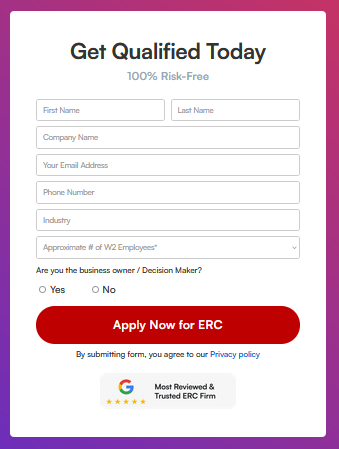Starting a new business can be an exciting venture, but it often comes with many financial challenges. One of the biggest hurdles for new entrepreneurs is securing the necessary funds to get their business off the ground. Business start-up loans can be a valuable resource for new business owners, but understanding how they work and the various options available is crucial for success. In this beginner’s guide, we’ll cover everything you need to know about business start-up loans.
What are Business Start-up Loans?
Business start-up loans are a type of financing designed specifically for new businesses. These loans can provide the funds necessary to cover start-up costs such as equipment, inventory, marketing, and working capital. Business start-up loans can be obtained from banks, credit unions, online lenders, and other financial institutions.
Types of Business Start-up Loans
There are several types of business start-up loans to consider, each with its own pros and cons. Some common types of business start-up loans include:
1. Small Business Administration (SBA) Loans: SBA loans are government-backed loans that offer favorable terms and lower down payments compared to traditional bank loans. These loans are ideal for new businesses with limited credit history or collateral.
2. Traditional Bank Loans: Banks offer a variety of business loans, including term loans, lines of credit, and business credit cards. These loans often require a strong credit history and collateral to secure the loan.
3. Online Lenders: Online lenders offer a convenient and fast way to obtain business start-up loans. These lenders may have less stringent borrowing requirements but often come with higher interest rates.
4. Microloans: Microloans are small, short-term loans designed for start-ups and small businesses. These loans are typically offered by non-profit organizations and community development banks.
How to Qualify for a Business Start-up Loan
Qualifying for a business start-up loan will depend on several factors, including your credit score, business plan, collateral, and financial history. Here are some steps to help you qualify for a business start-up loan:
1. Develop a Solid Business Plan: Lenders will want to see a detailed business plan that outlines your business goals, target market, competition, financial projections, and marketing strategy.
2. Build a Strong Personal Credit History: A strong personal credit history will increase your chances of qualifying for a business start-up loan. If you have poor credit, consider taking steps to improve your credit score before applying for a loan.
3. Gather Collateral: Lenders may require collateral to secure the loan, such as equipment, real estate, or inventory. Be prepared to provide collateral to support your loan application.
4. Research Lenders: Shop around and compare loan offers from different lenders to find the best terms and interest rates for your business start-up loan.
5. Prepare Financial Documents: Lenders will require financial documents such as bank statements, tax returns, and cash flow projections to assess your business’s financial stability and ability to repay the loan.
It’s important to note that qualifying for a business start-up loan can be challenging, especially for new businesses with limited credit history. However, with careful planning and preparation, it is possible to secure the financing needed to start your new business.
Considerations When Applying for a Business Start-up Loan
Before applying for a business start-up loan, it’s important to consider the following factors:
1. Loan Terms and Interest Rates: Carefully review the terms and interest rates of each loan offer to ensure that they align with your business’s financial needs and capabilities.
2. Repayment Schedule: Understand the repayment schedule and monthly payments required for the loan. Make sure you can comfortably meet these obligations while managing your business’s cash flow.
3. Use of Funds: Clearly outline how the funds will be used and ensure that the loan amount aligns with your business’s start-up needs.
4. Fees and Additional Costs: Be aware of any additional fees and costs associated with the loan, such as origination fees, prepayment penalties, and late fees.
5. Impact on Personal Credit: Understand how a business start-up loan will impact your personal credit, as many lenders may require a personal guarantee for the loan.
Starting a new business is an exciting and challenging endeavor, and securing the necessary funds is often a critical step in the process. Business start-up loans can provide the financial support needed to get your business up and running, but it’s essential to understand the various loan options, qualification requirements, and considerations before applying. By doing your research and carefully planning, you can increase your chances of securing the right business start-up loan for your new venture.








